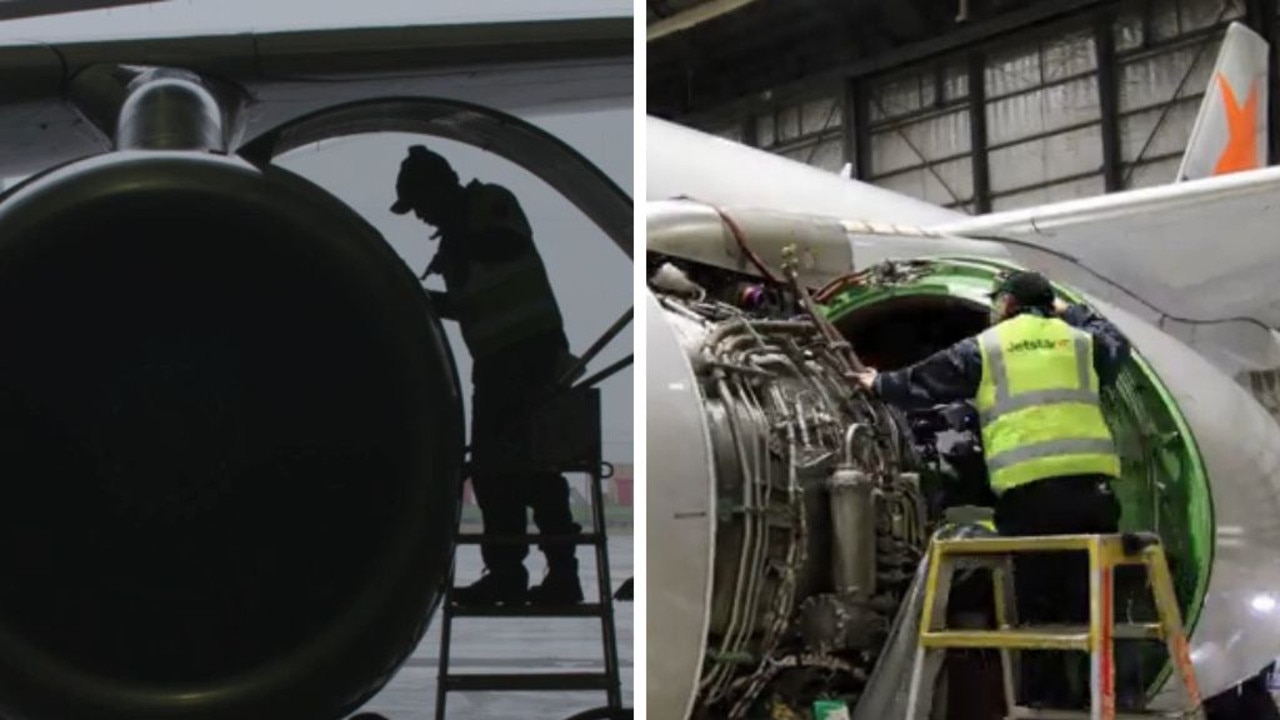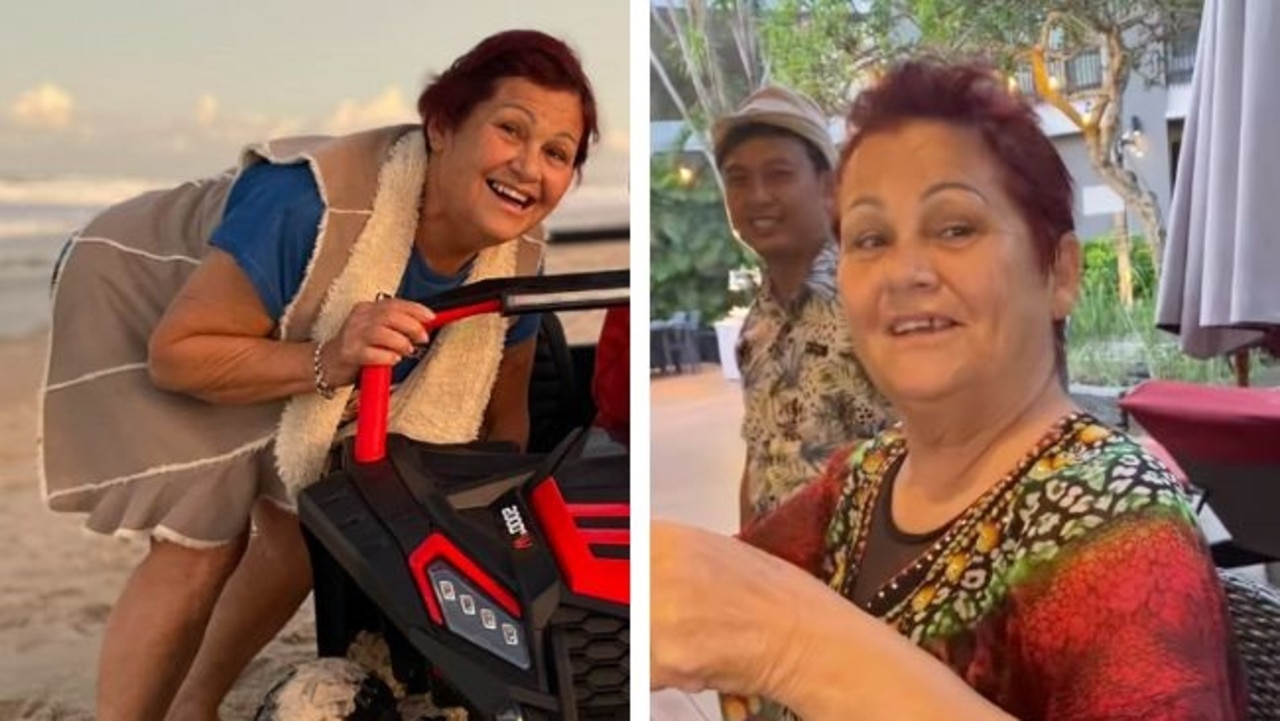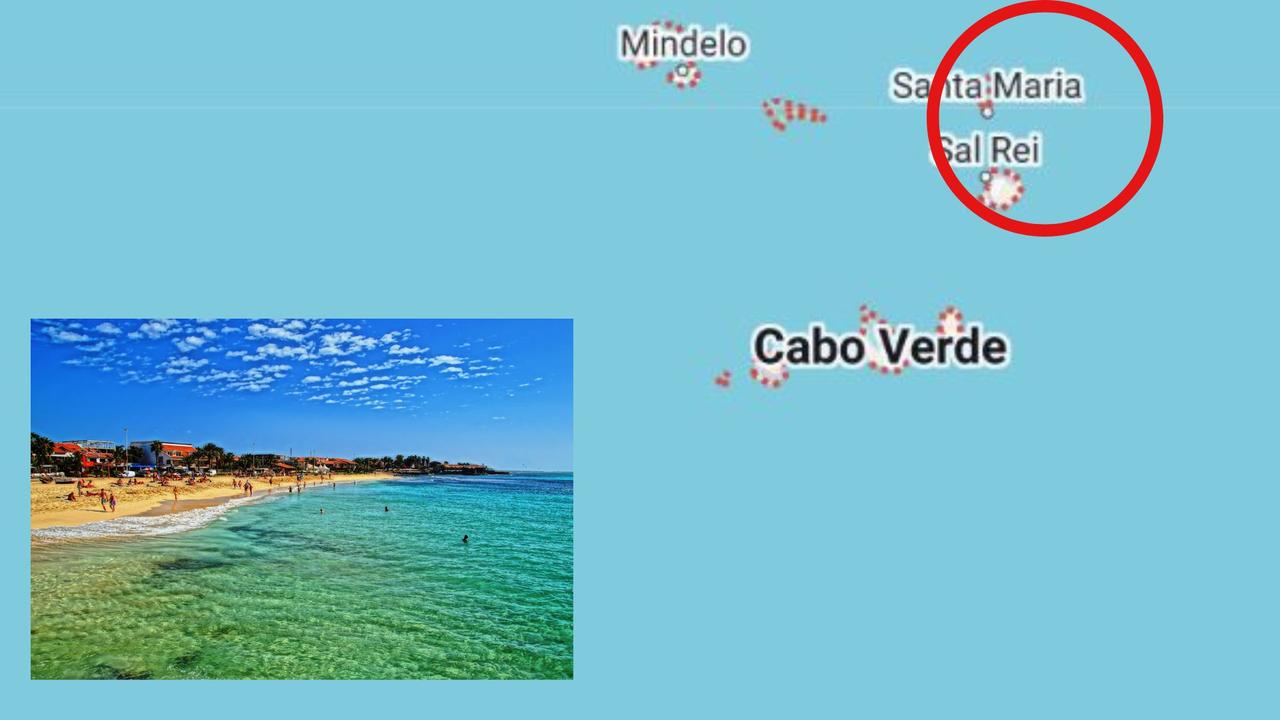Ruby Princess coronavirus inquiry: ‘Inexcusable’ and ‘serious’ errors made
The inquiry into how hundreds of Ruby Princess passengers spread coronavirus across the world has finished - with the mistakes being labelled “inexcusable”
The Ruby Princess report has been handed down, with the inquiry uncovering a number of “serious errors” and most of the criticism falling on NSW Health.
The inquiry was looking into why all 2700 Ruby Princess passengers were allowed to disembark from the ship on March 19, despite 120 of them showing flu-like symptoms by the time the boat arrived in Sydney.
The ship has since been linked to more than 900 coronavirus infections across the globe and 22 Australian deaths.
While the pandemic was in its early stages in Australia, the inquiry found there were still a number of “material” errors made by NSW Health’s expert panel, who did the risk assessment of the ship and allowed everyone to disembark.
The report today, commissioned by the NSW government, found that all passengers should’ve been tested for coronavirus before leaving the ship after a number of people showed symptoms.
“NSW Health should have ensured that cruise ships were aware of the change to the definition of a ‘suspect case’ for COVID-19 made on March 10,” the report read.
“This would have resulted in the identification of such cases on the Ruby Princess.
“101 persons fell within the suspect case definition by 18 March, and 120 by the time the ship docked.
“NSW Health should also have ensured that such persons were isolated in cabins. These were serious mistakes by NSW Health.”
RELATED: Follow the latest coronavirus updates
RELATED: ‘Leave it at that’: Premiers’ border stoush heats up
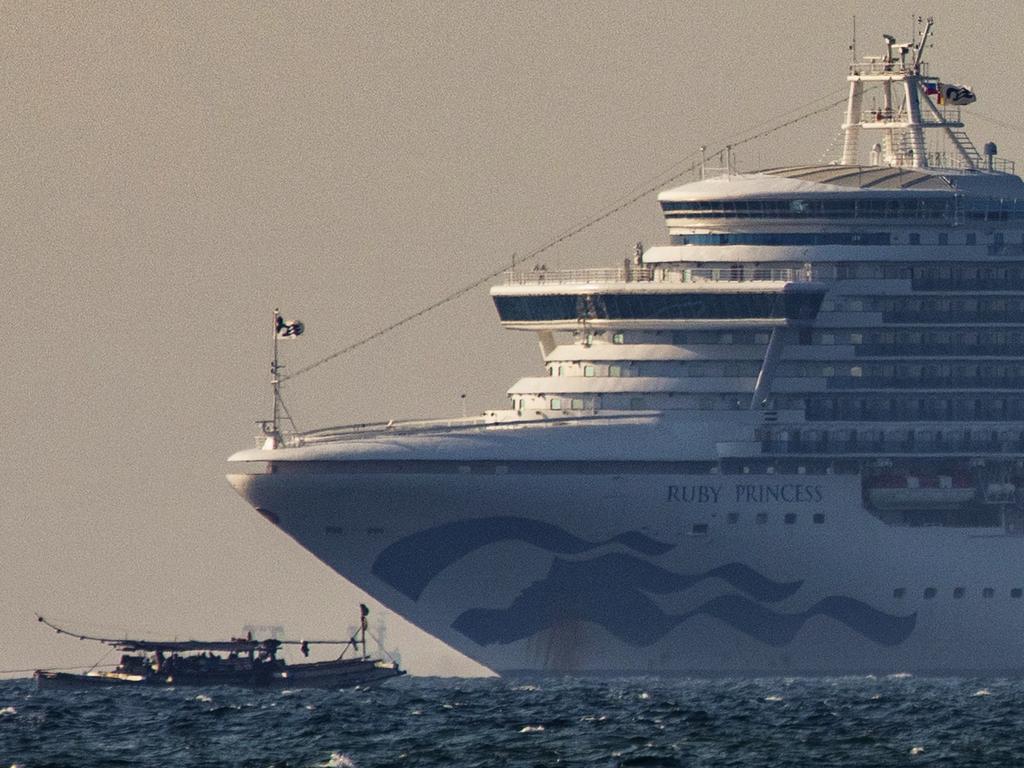
The inquiry also declared the delay in testing swabs from Ruby Princess passengers was “inexcusable”.
“The delay in obtaining test results for the swabs taken from the Ruby Princess on the morning of 19 March is inexcusable,” Commissioner Bret Walker SC said.
“Those swabs should have been tested immediately.
“In light of all the information the expert panel had, the decision to assess the risk as ‘low risk’ – meaning, in effect, ‘do nothing’ – is as inexplicable as it is unjustifiable. It was a serious mistake.”
Another “serious failure by NSW Health” was the failure to ensure all swabs were collected by an onboard health assessment team, the inquiry found.
Dr Ilse von Watzdorf, the cruise ship’s doctor, avoided harsh criticism, with Commissioner Bret Walker saying she was not to blame for the Ruby Princess only having 25 swabs onboard.
“Dr von Watzdorf ought to have notified NSW Health of the additional passengers and crew diagnosed with an ARI (acute respiratory illness) or an ILI (influenza like illness) on 18 and 19 March 2020,” Mr Walker said.
“However, this was an oversight by her, which did not amount to a failure to comply with policies and procedures in place at the time.”
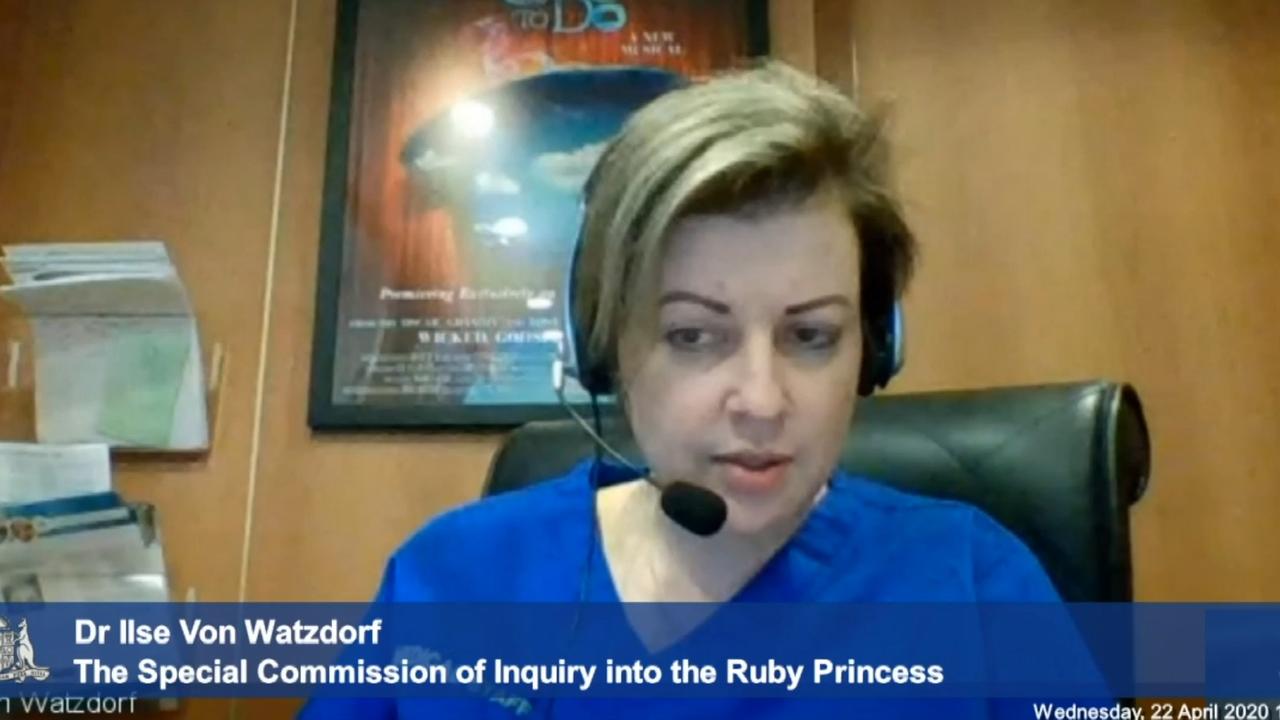
The inquiry also found Carnival, the cruise ship company in charge of Ruby Princess, should’ve ensured Dr von Watzford was aware that the CDNA (Communicable Diseases Network Australia) had changed its “suspect case” definition on March 10.
“(Carnival) should also have ensured that passengers and crew aboard the Ruby Princess were informed that there were suspect cases of COVID-19 on board,” the inquiry said.
“Those persons meeting the definition of a suspect case should have been required to isolate in their cabins.”
A fact sheet handed to passengers on the day of their disembarkation, which did not ban them from interstate and international travel, was also a mistake, the inquiry found.
“Passengers were incorrectly advised by the ABF during the cruise that their 14-day period of self-isolation would commence from the date of departure from the last overseas port visited by the Ruby Princess, being Napier on March 15,” the findings detailed.
“This inaccuracy was later clarified during disembarkation at the Overseas Passenger Terminal on March 19, when passengers were provided with a fact sheet published by the Commonwealth Department of Health which relevantly instructed them to self-isolate for 14 days from their arrival in Sydney.”
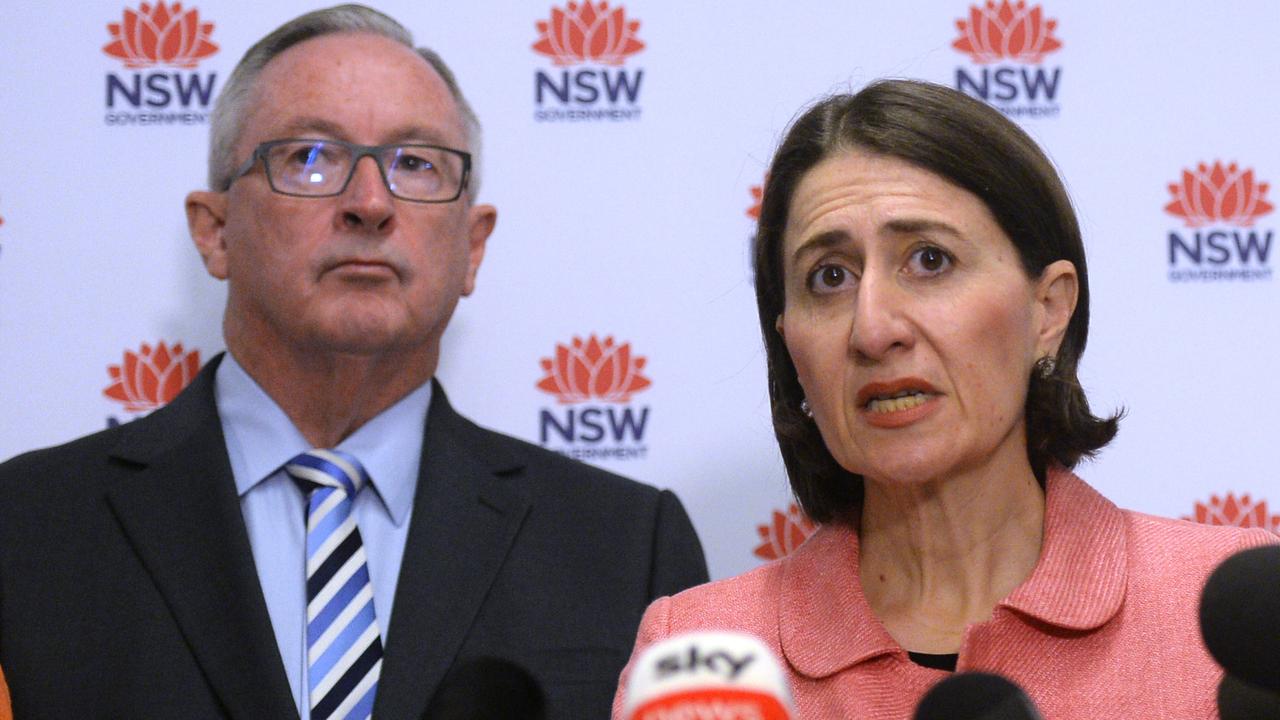
However, the directive for passengers to isolate after disembarkation “did not not appropriately contemplate or comply with the terms of the Public Health Order that came into effect on March 17, which required all cruise ship passengers entering the state from any other country to isolate themselves in suitable accommodation for 14 days”.
The inquiry found the NSW government should’ve arranged suitable accomodation for all passengers who were not state residents.
“The fact sheet linked to an email sent to passengers on March 20 incorrectly advised that they were permitted to continue with onward travel, despite being identified as ‘close contacts’ of a confirmed COVID-19 case,” the inquiry found.
“Although this advice was corrected by NSW Health by the evening of March 21, it was at that stage too late to prevent a considerable number of interstate and international passengers from onward travelling, including some passengers who were symptomatic during transit.”
In a statement, Princess Cruises, whose parent company is Carnival, said the inquiry was “of great importance” to the company “because it goes to the integrity of our people”.
“The commission’s report confirms that none of our people — the captain, the ship’s doctor, or members of our shore side port agency team — misled public authorities involved in Ruby Princess being permitted to disembark guests on March 19,” the company said.
“In our more than 20 years in Australia, we have always sought to cooperate honestly and professionally with officials in accordance with the regulatory environment.
“We acknowledge the commission’s specific comments about Carnival and we will consider these comments to the fullest possible extent.
“Our overriding objective is to ensure cruising is a safe and enjoyable pastime for the millions of people who value exploring the world by sea as their preferred holiday choice.”
‘NOT THEIR JOB’: PM REJECTS BORDER FORCE BLAME
Prime Minister Scott Morrison today flatly rejected claims that Australian Border force chiefs should have stopped sick passengers leaving the Ruby Princess insisting it was “not their job” to make health checks.
During a press conference this afternoon, Mr Morrison was asked to clarify the role of the federal government agency as the report into the mess is finalised.
“Prime Minister, on 15 March, just before the Ruby Princess docked, you said that you wanted the Australian Border Force to be in command of the arrangements for cruise ships,‘’ he was asked.
“Since then we’ve seen a long debate...and Border Force has said: ‘Human health is not the responsibility of the ABF.’ Was that your understanding when you put them in command – the ABF is not responsible for human health?.”
In response, the Prime Minister said it was not part of their responsibilities.
“Well, if you are looking for a doctor at the ABF, you won’t find one,” he said.
“That’s not their job. In the same way that I have someone down at the Victorian aged care response centre who comes out of Emergency Management Australia. They are not a geriatrician.
“There is a mixture of leadership responsibilities and capacities that exist. That doesn’t change the fundamental responsibilities of the agency and what they are tasking.”

The Prime Minister said public health remained the state government‘s responsibility.
“Well, if you go down to the border force office at the airport, you won’t find someone doing medical checks. That’s not their job. That’s not their job,” he said.
“That’s not their job. Health, public health, is a responsibility of the state jurisdictions. That is very clearly set out. That is responsible for delivering public health in those state and territory jurisdictions.”
The Prime Minister was then asked, “So no responsibility when those passengers were getting off the Ruby Princess to consider human health in that situation?.”
“As the border force commissioner has made very clear and the royal commission commissioner has made clear, that is exactly what their responsibilities are. The special commission will hand down its report later today and we will deal with that and take the opportunity to deal with that and see what they have to say. I’m sure they will touch on all of those issues,” he said.
Earlier this year, Border Force Commissioner Michael Outram lashed out over claims ABF officials were responsible for letting coronavirus infected passengers off insisting it was NSW Health’s responsibility.
It followed a report that NSW Premier Gladys Berejiklian had told her party room meeting that border force officials had wrongly advised NSW Health that the ship was low risk.
AIRLINES ‘POWERLESS’ TO STOP CRUISE SHIP PASSENGERS
It was revealed earlier today that Qantas and Virgin Australia tried to prevent potentially infected passengers from the Ruby Princess boarding their flights but were ultimately powerless to stop it.
The ABC reported both airlines saw a potential ticking time bomb after the cruise ship docked at Sydney on March 19 and all 2700 passengers were allowed to disembark despite some showing symptoms for COVID-19.
Hundreds of passengers later tested positive for the virus in a deadly outbreak.
Qantas and Virgin Australia were concerned about the risk of infected passengers from the Ruby Princess boarding domestic and international flights home, potentially endangering crew and other passengers and spreading the virus elsewhere.
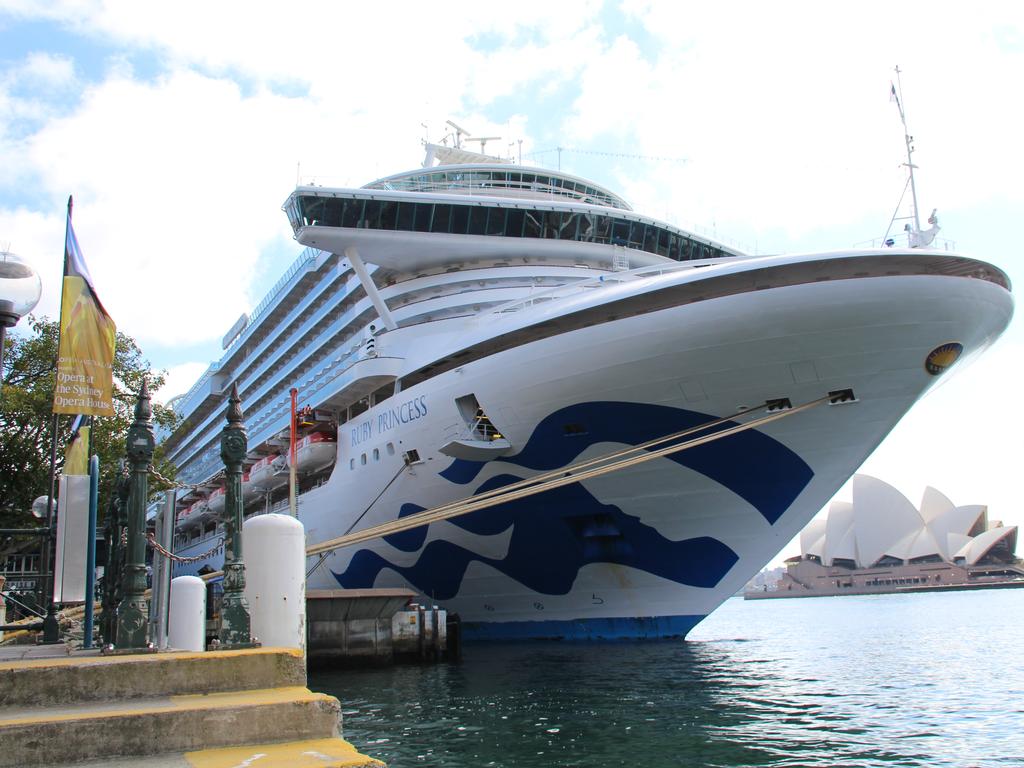
Both airlines sought the ship’s passenger manifest so they could crosscheck it with their own passenger records but were told by Australian Border Force and federal and NSW health officials that information couldn’t be shared due to privacy.
Australian Border Force Assistant Commissioner Kylie Rendina said border officials could not stop Ruby Princess passengers from boarding flights, the ABC reported.
This was despite crew for both airlines growing increasingly concerned about seeing passenger luggage with Ruby Princess tags and hearing passengers discuss the cruise journey on flights.
One cabin crew member on a March 22 Qantas flight from Sydney to Honolulu became so distressed at the possibility of flying with potentially infectious Ruby Princess passengers she couldn’t work.
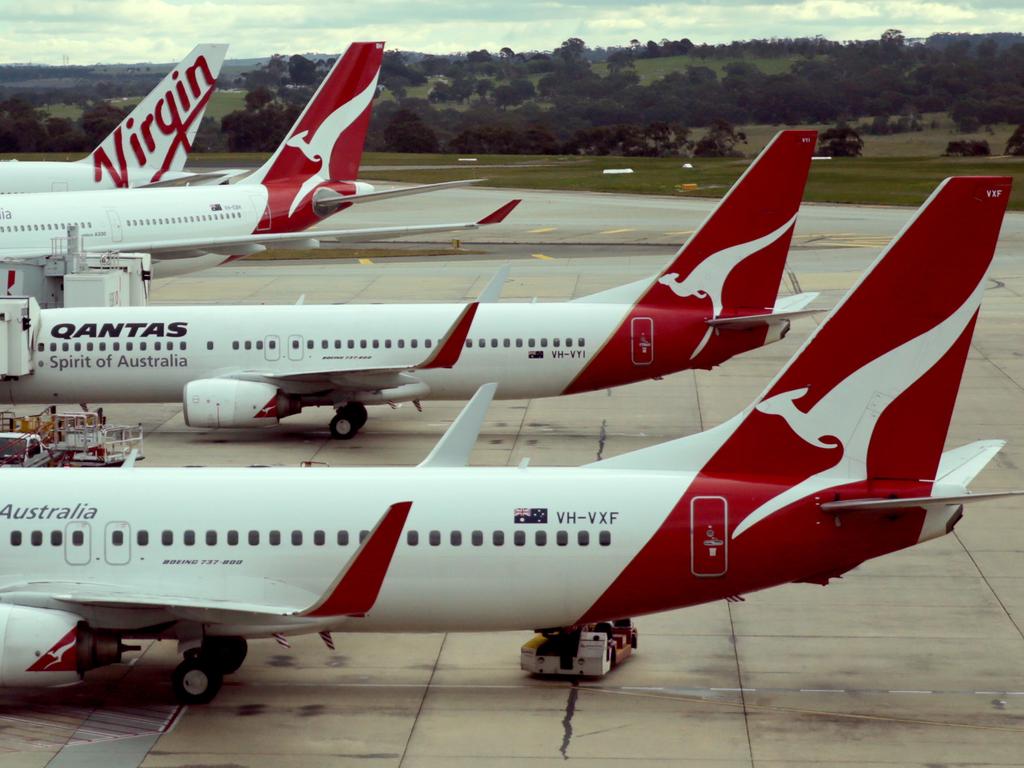
“One of the crew who were told at the QF3 pre-flight briefing that there was the possibility of cruise ship passengers being on the flight became so upset that she was removed from the flight in Sydney and sent home,” Teri O’Toole from the Flight Attendants Association of Australia told the special commission.
The problem was that the airlines had no way of knowing which of their passengers, if any, had been on the Ruby Princess.
Qantas was eventually given the Ruby Princess manifest on March 23, after it challenged NSW Health about why the ship couldn’t be asked to provide passenger manifests when airlines were compelled to.
But it was too late — 24 domestic flights had left Sydney that were later identified as “known flights with confirmed cases of COVID-19” between March 19 and 23, according to NSW Health figures.
The inquiry heard only two ship passengers infected with COVID-19 managed to avoid boarding their flight in time.
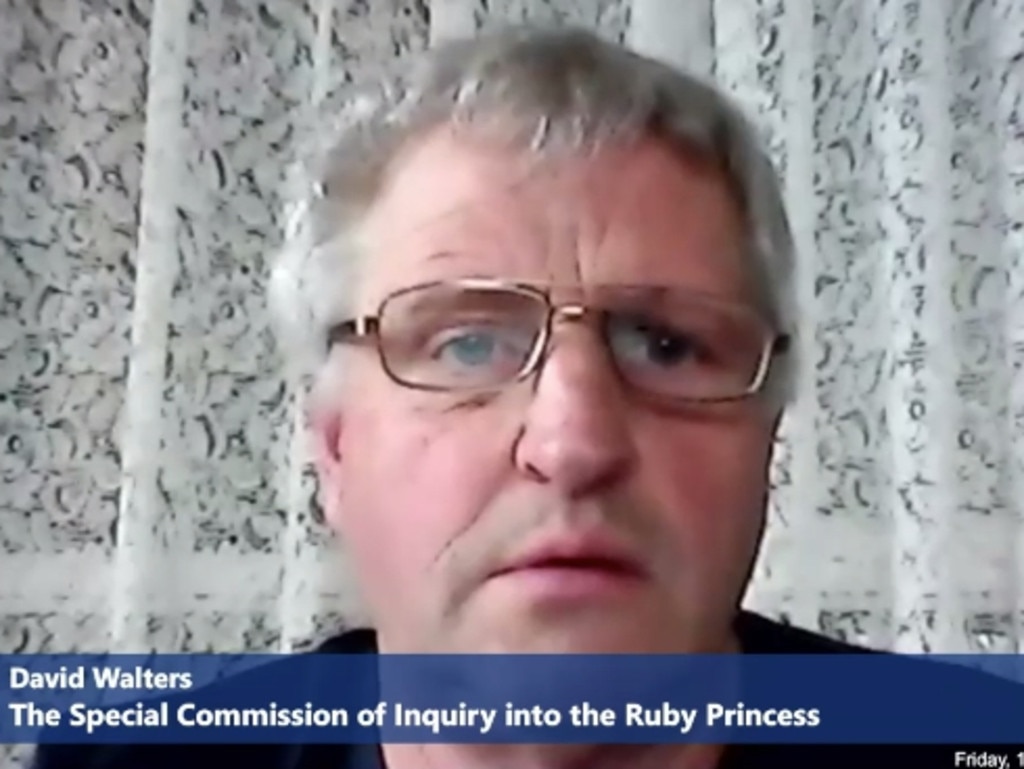
Tasmanian Kim Walters, who had been swabbed for the virus on the ship but disembarked awaiting results, got a call from NSW Health confirming a positive result an hour after she checked in for her Virgin Australia flight home with husband David Walters.
Ms Walters ended up spending three weeks in an induced coma in a Sydney hospital, and Mr Walters also contracted the virus.
According to the ABC, there is still no formal process for sharing passenger manifests with those that need that information.
Virgin Australia has since introduced new pre-flight procedures as part of its COVID-safe policy, including a pre-boarding questionnaire that asks passengers to declare if they have virus symptoms, tested positive, or been exposed to someone who has.

